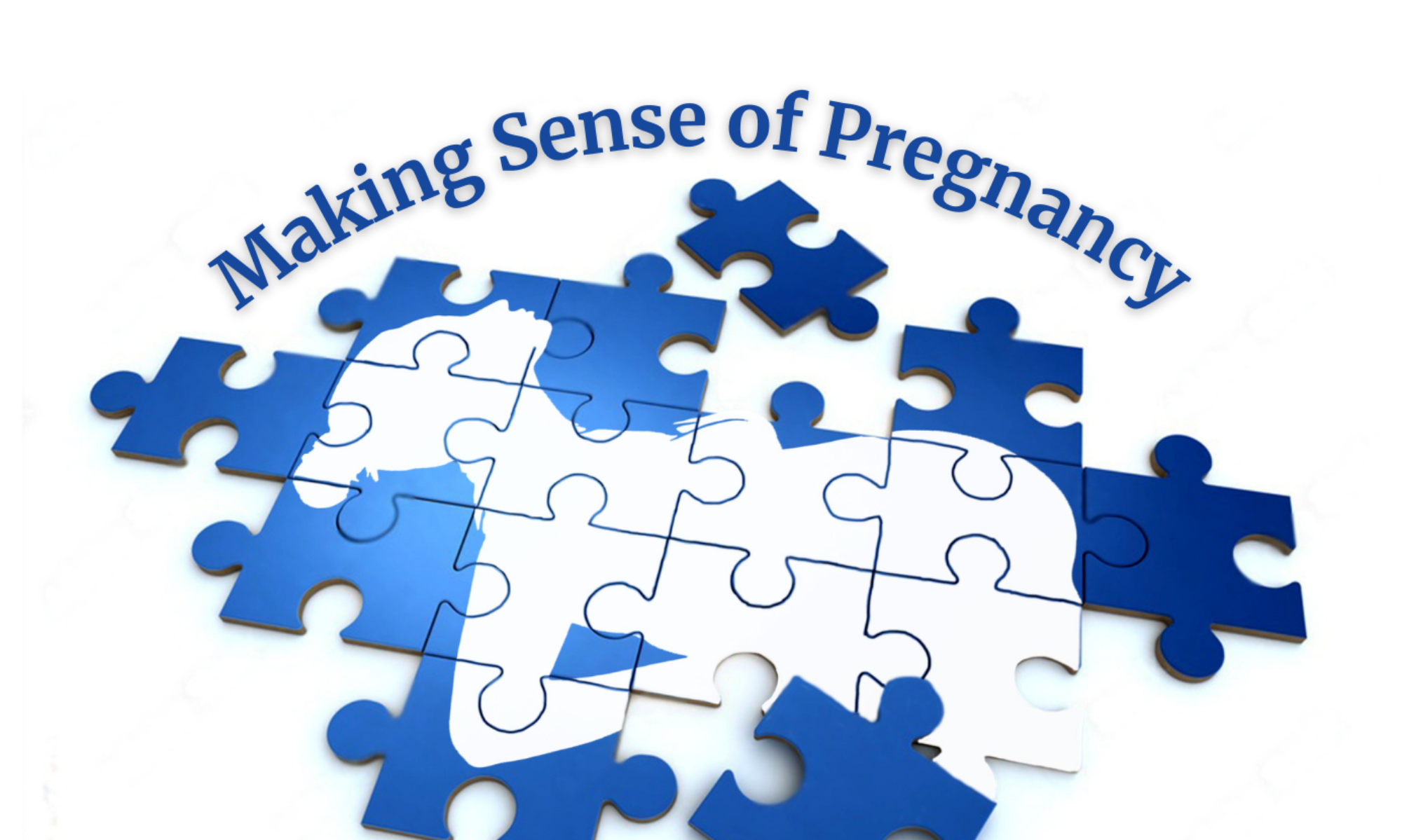Dr. Laura Pritschet, PhD
Episode 2: It’s not “Mommy Brain”–How Hormones during Pregnancy prepare the brain for Parenting
Dr. Pritschet is a postdoctoral fellow in the Department of Psychology at the University of Pennsylvania, Perelman School of Medicine
A Sampling of her work:
Neuroanatomical Changes Observed Over the Course of a Pregnancy in Nature Neuroscience, Sept 2024
The Menstrual Cycle Modulates Whole Brain Turbulent Dynamics in Frontiers in Neuroscience, Dec 2021
Functional Reorganization of Brain networks across the Human Menstrual Cycle in Neuroimage, Oct 2020
SN: Ep 2 Conversation with Dr. Laura Pritschet
The brain fog and forgetfulness that may accompany pregnancy and postpartum is almost always described negatively as “mommy brain”–but this phenomenal brain plasticity needs a rebrand.
What’s actually happening is that the brain, like almost every other organ in the body, is adapting to the dramatic state of pregnancy. Some changes are transitory in the brain, as they are in the body. Some are more permanent.
Going forward, let’s be impressed by our ability to neurologically prepare for the new world we are creating with our bodies.
Today’s guest has done research on this very issue: the impact of hormones during pregnancy on the brain. By combining imaging technology, neuroendocrinology and neuroscience, she examines how sex hormones impact human brain function in pregnancy.
Dr. Pritschet’s paper on hormones and the brain during pregnancy: https://www.nature.com/articles/s41593-024-01741-0
Want to participate in this work: https://wbhi.ucsb.edu/sites/default/files/docs/Flyers/Maternal%20Brain%20Project/Maternal%20Brain%20Project%20Flyer%20.pdf
Ep 2 It’s Not “Mommy Brain”-How Hormones during Pregnancy Prepare the Brain for Parenting
Welcome to Making Sense of Pregnancy
Ep 1: How Maternal Health Data is Saving Lives
Dr. Yong Wang
Episode 3: creating a monitor that accurately measures the strength and coordination of uterine contractions in labor
Dr. Yong Wang, PhD, Professor of Obstetrics and Gynecology, Electrical and System Engineering, Radiology, Biomedical Engineering, Washington University School of Medicine
Non-Invasive Electromyometrial Imaging of Human Uterine Maturation During Labor
Dr. Sharon Dekel
Episode 2: diagnosing and differentiating childbirth related PTSD from Post partum depression
Dr. Sharon Dekel, PhD, MS, M.Phil, Harvard Medical School, Mass General Research Institute
Postpartum Traumatic Stress Disorders Research Program
A small sample of Dr. Deckel’s publications (click her personal link above to find a more comprehensive list)
Preventing Post Traumatic Stress Disorder Following Childbirth: A Systematic Review & MetaAnalysis
AI and Narrative Embeddings detect PTSD following Childbirth via Birth Stories
To find more work coming out of Dr. Dekel’s lab, check out: https://massgeneral.link/DekelLab
Dr. Elliot Main, MFM
Episode 1: how data can transform how hospitals track and improve maternal care
Dr. Elliot Main, Obstetrics & Gynecology, Maternal Fetal Medicine Stanford University Medical School
A small sampling of some of Dr. Main’s recent publications (see full list on Dr. Main’s site, link above)
Hospital-level variation in racial disparities in low-risk nulliparous cesarean delivery rates
Safe Care on Maternity Units: A MultiDimensional Balancing Act
SN, Ep 1: Conversation with Dr. Elliot Main, Obstetrics & Gynecology, MFM
I am both hopeful and moved, AND filled with disbelief after my conversation with today’s guest. He is an OB who has done an inordinate amount of work to make birth safer first for Californians, then for women across the country. And his work, which you’ll hear about and be able to use in your own pregnancy, is inspiring.
What I can’t get my head around is the state of maternity care he set out to change in 2006, some of which remains unmoved.
Does it make sense that you don’t really know the quality of care you’ll get at your birth because hospitals didn’t keep track of their health outcomes in a useable way?
Does it make sense that C section rates vary widely between hospitals?
No dear listener, it does not.
We talk about the importance of data being collected and quickly disseminated so that hospitals actually know the quality of their maternal care and can compare their care with the care neighboring, and what should be competing hospitals, do, and you, too, as the consumer, can get a better handle on what you are walking into when you pick a hospital in which to give birth.
To find out more about California Maternal Quality Care Collaborative, CMQCC: https://www.cmqcc.org/
Figure out if Your Hospital is a “Birthing Friendly” Hospital–to get this designation, hospitals and health systems have to report their progress on a maternal morbidity measure developed by the Center for Medicaid & Medicare services : https://data.cms.gov/provider-data/birthing-friendly-hospitals-and-health-systems
Compare Hospitals in Your Area
The Leapfrog Group: (rates hospitals in terms of C sections, high risk deliveries, and more): https://www.leapfroggroup.org/hospital-choice/choosing-right-hospital
Care Compare (feels like TripAdvisor for hospitals, based on patient surveys): https://www.medicare.gov/care-compare/?redirect=true&providerType=Hospital

